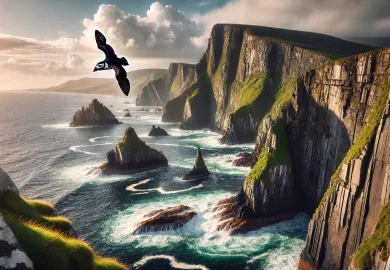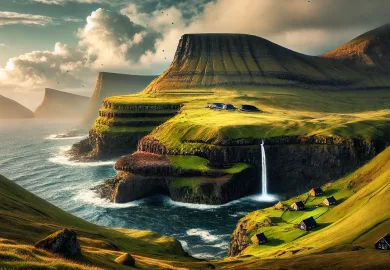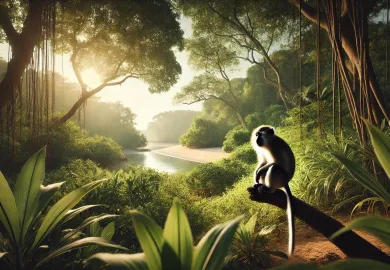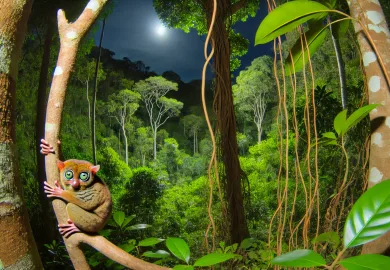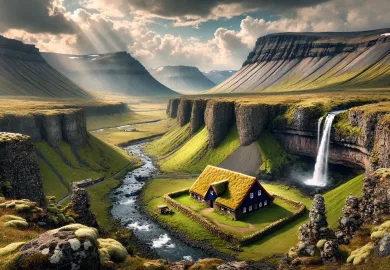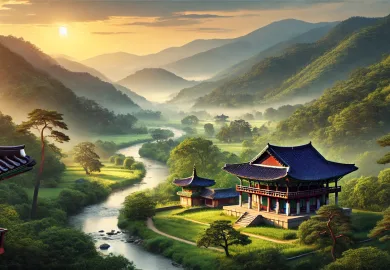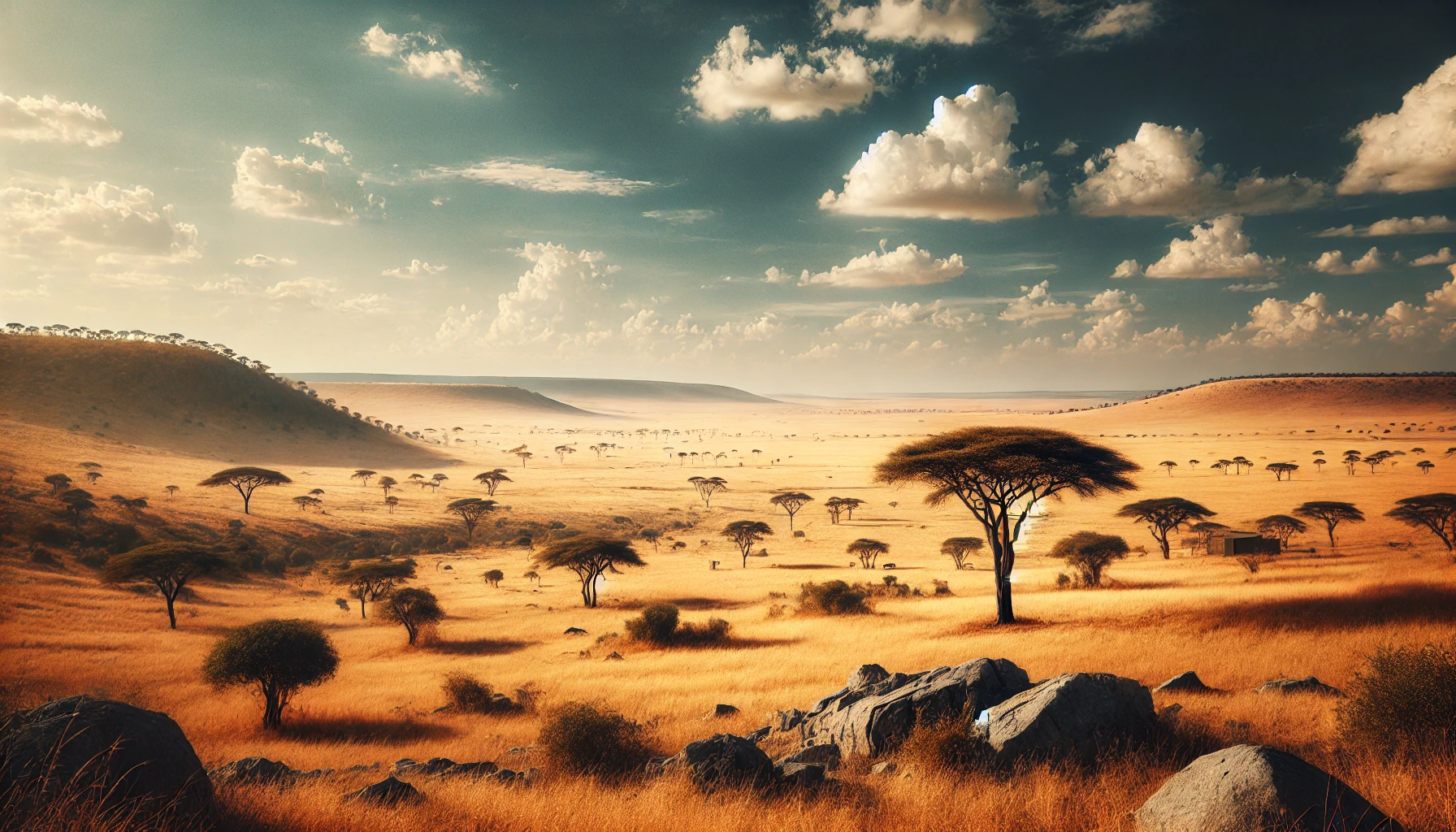
Tanzania is a land where nature paints its most vivid and breathtaking landscapes, from the endless savannas of the Serengeti to the lush highlands of the Ngorongoro Crater. It is a place where adventure and wonder blend seamlessly, offering an unparalleled experience for those who seek the thrill of wildlife safaris. My recent adventure through Tanzania was nothing short of a dream come true, filled with remarkable wildlife encounters, cultural connections, and the pure joy of exploring this untamed land. Let me take you through my journey and share the magic that lies in the heart of East Africa.
Tanzania, located in East Africa, is a country that offers a wealth of natural beauty, diverse cultures, and fascinating history. Known for its stunning landscapes, Tanzania is home to Mount Kilimanjaro, the Serengeti National Park, and the exotic island of Zanzibar. Whether you’re interested in wildlife, historical heritage, or unique experiences, Tanzania has something for everyone. Let’s dive into some captivating facts about this incredible country.
Tanzania’s Rich Cultural Heritage
Tanzania boasts an incredibly diverse culture, with more than 120 distinct ethnic groups living within its borders. The majority of Tanzanians belong to the Bantu ethnic group, while the Maasai, famous for their traditional customs and distinctive attire, are among the best-known indigenous tribes. Despite the variety, Tanzania is a united nation, with Swahili serving as the common language that bridges these diverse communities.
Visitors to Tanzania often get the opportunity to engage in traditional ceremonies, music, and dance. The Maasai, for example, perform an energetic jumping dance called “Adumu,” while the Hadzabe tribe in the north live as hunter-gatherers, preserving their ancient way of life. Cultural tourism in Tanzania offers travelers the chance to explore these rich traditions up close, from visiting local villages to learning about ancient customs and crafts.
Religion in Tanzania is also diverse, with Islam and Christianity being the most widely practiced. The coastal regions, including Zanzibar, have a large Muslim population, while Christianity is more prevalent inland. This blend of traditions creates a dynamic and harmonious society, celebrated through various festivals and rituals.
Tanzania’s Stunning Wildlife and Nature
One of Tanzania’s biggest attractions is its abundant wildlife and vast national parks. The country is a haven for nature lovers and adventurers seeking to witness the Great Migration, an extraordinary event where millions of wildebeest and zebras migrate through the Serengeti in search of greener pastures. This is one of the most breathtaking wildlife spectacles in the world.
Aside from the Serengeti, Tanzania is home to the Ngorongoro Crater, a UNESCO World Heritage site and one of the most iconic natural wonders. This ancient caldera is teeming with animals, including the endangered black rhino, lions, elephants, and a wide array of bird species. Safaris in the Ngorongoro Crater offer a unique chance to see wildlife in a confined, yet natural environment, making it a top destination for eco-tourists.
For those seeking a more adventurous trek, Mount Kilimanjaro, the highest peak in Africa, is a must-visit. This snow-capped mountain attracts hikers from all over the world, offering several routes to its summit. Whether you’re a seasoned climber or a beginner, climbing Kilimanjaro is an experience like no other, providing unparalleled views of the surrounding plains and a sense of achievement for reaching its peak.
Tanzania’s Unique History and Independence
Tanzania has a unique and rich history, shaped by indigenous cultures, colonial rule, and the struggle for independence. The country, formerly known as Tanganyika, was under the control of Germany and later Britain during the colonial era. It wasn’t until 1961 that Tanganyika gained independence, and in 1964, it merged with Zanzibar to form the United Republic of Tanzania.
The country’s first president, Julius Nyerere, is celebrated for his role in leading Tanzania to freedom. Known as “Mwalimu” (teacher), Nyerere advocated for African socialism and unity, laying the foundation for modern Tanzania. The legacy of Tanzania’s independence can be seen in its national pride and the peaceful coexistence of its people.
Today, Tanzania is a stable and welcoming nation with a rapidly growing economy, largely driven by tourism, agriculture, and mining. From historical landmarks to vibrant cities like Dar es Salaam, Tanzania’s blend of ancient traditions and modern progress makes it a fascinating destination for travelers worldwide.
The Serengeti: Witnessing the Great Migration in Full Glory
One of the most iconic experiences in Tanzania is the Great Migration in the Serengeti. I was fortunate enough to witness this natural spectacle, where millions of wildebeests, zebras, and gazelles make their epic journey across the plains. The sight of the vast herds stretching to the horizon was mesmerizing, with predators like lions and cheetahs keeping a close watch. The raw energy of life and survival was palpable, making every moment in the Serengeti feel like a scene from a wildlife documentary.
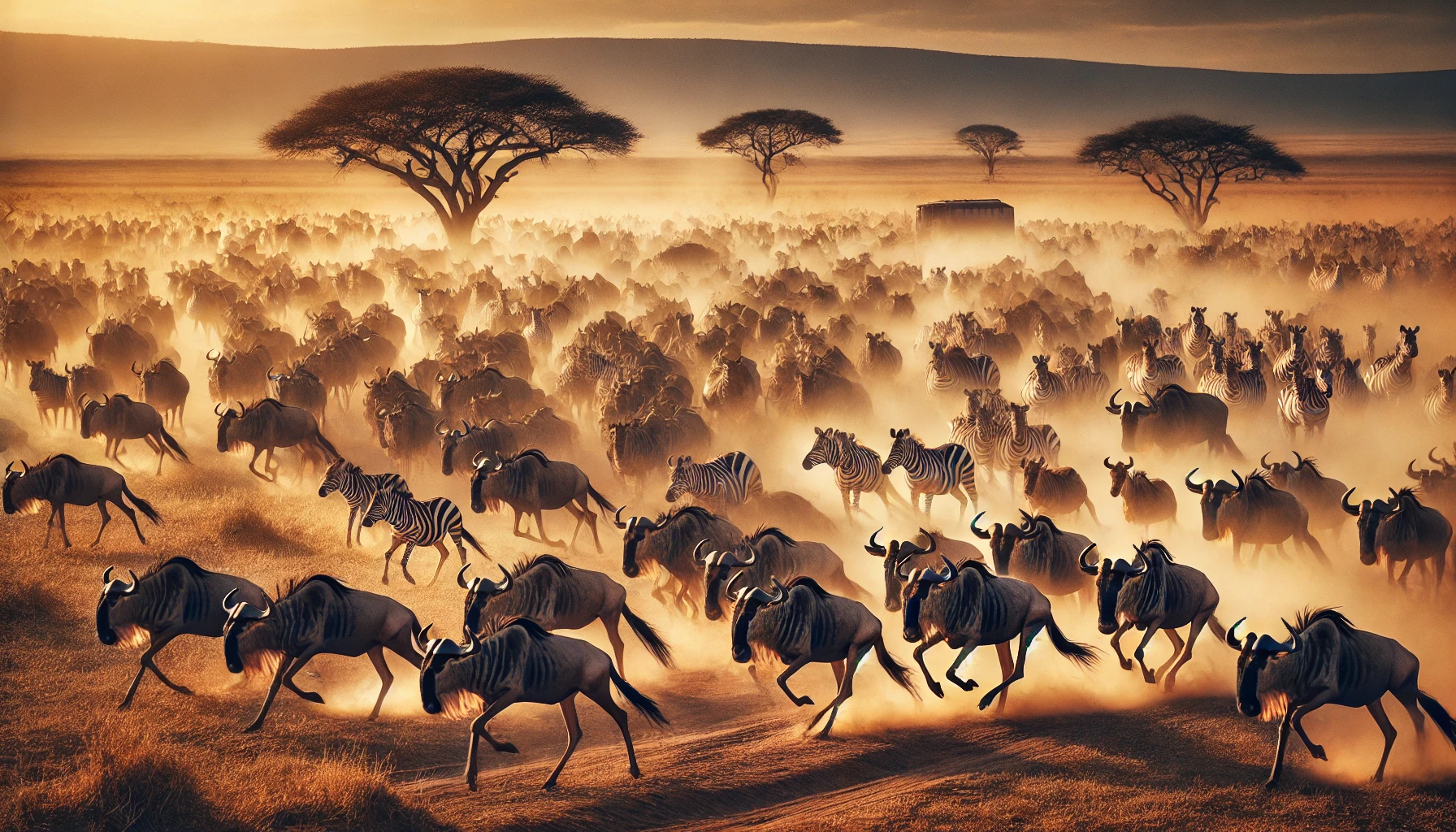
The Serengeti is not just about the migration, though. Even outside the peak season, the park is teeming with life. My early morning game drives revealed families of elephants gently moving through the grasslands, giraffes gracefully feeding on acacia trees, and leopards resting in the shade after a night of hunting. The sunsets in the Serengeti, with golden rays bathing the endless plains, left me in awe of nature’s beauty and majesty.
Exploring the Serengeti felt like stepping into an ancient, untamed world. The balance between predator and prey, the rhythm of the seasons, and the harmony of the ecosystem all contribute to the profound sense of connection one feels with the wild. This connection is what makes a Serengeti safari an unforgettable adventure that lingers in your heart long after you’ve left.
Ngorongoro Crater: A Haven of Wildlife in a Unique Landscape
The Ngorongoro Crater, a UNESCO World Heritage Site, is often described as Africa’s Garden of Eden, and it’s easy to see why. The crater’s unique geography creates a self-contained ecosystem where thousands of animals thrive. Driving down into the crater felt like entering a hidden world, with lush green plains, sparkling lakes, and dense forests all within this natural amphitheater. The crater is one of the best places to see a wide variety of animals in a compact area, making it a must-visit on any Tanzanian safari.

On my descent into the crater, I was immediately greeted by a herd of zebras and wildebeests grazing peacefully, while nearby, a group of lions rested in the morning sun. The sight of rhinos, one of the most endangered species, was a true highlight of my visit. Watching these majestic creatures in such close proximity was a humbling reminder of the importance of conservation efforts in preserving these fragile species.
Apart from the larger mammals, the Ngorongoro Crater is home to a dazzling array of birdlife. Pink flamingos gathered at the edge of the soda lake, creating a beautiful contrast against the green landscapes. The presence of hippos, buffaloes, and a diversity of other species made every moment within the crater feel like a page out of a nature book. The sheer density of wildlife, set against the backdrop of stunning scenery, makes the Ngorongoro Crater one of the most unique safari destinations in the world.
Connecting with the Maasai: A Cultural Journey Beyond the Wild
While Tanzania’s wildlife is undoubtedly its main draw, the human element adds a richness to the experience that is equally captivating. The Maasai people, with their distinctive traditions, play a crucial role in Tanzania’s cultural heritage. Visiting a Maasai village allowed me to gain a deeper understanding of their way of life, from their pastoral traditions to their vibrant ceremonies. The Maasai’s resilience and strong connection to the land are evident in every aspect of their daily lives.

The warm hospitality of the Maasai people made my visit particularly memorable. I was invited to join a traditional dance, where the warriors demonstrated their iconic jumping technique, a symbol of strength and courage. Learning about their age-old practices, such as cattle herding and the significance of their colorful beadwork, gave me a profound respect for their culture. Despite the challenges of modernity, the Maasai continue to maintain a delicate balance between tradition and change.

The cultural encounters I experienced in Tanzania, from the bustling markets of Arusha to the serene villages near the national parks, added a layer of depth to my safari adventure. The interactions with local communities reminded me that a safari is not just about the animals and landscapes but also about the people who have called these lands home for generations.
Planning Your Own Tanzanian Safari: Practical Tips and Insights
If you’re considering embarking on your own Tanzanian safari, there are a few key things to keep in mind. First, timing is everything. The dry season, from June to October, is ideal for wildlife viewing, especially if you want to catch the Great Migration. However, the green season, from November to May, also offers incredible sightings and fewer crowds. Each season has its unique charm, so it’s essential to choose based on what you hope to experience.
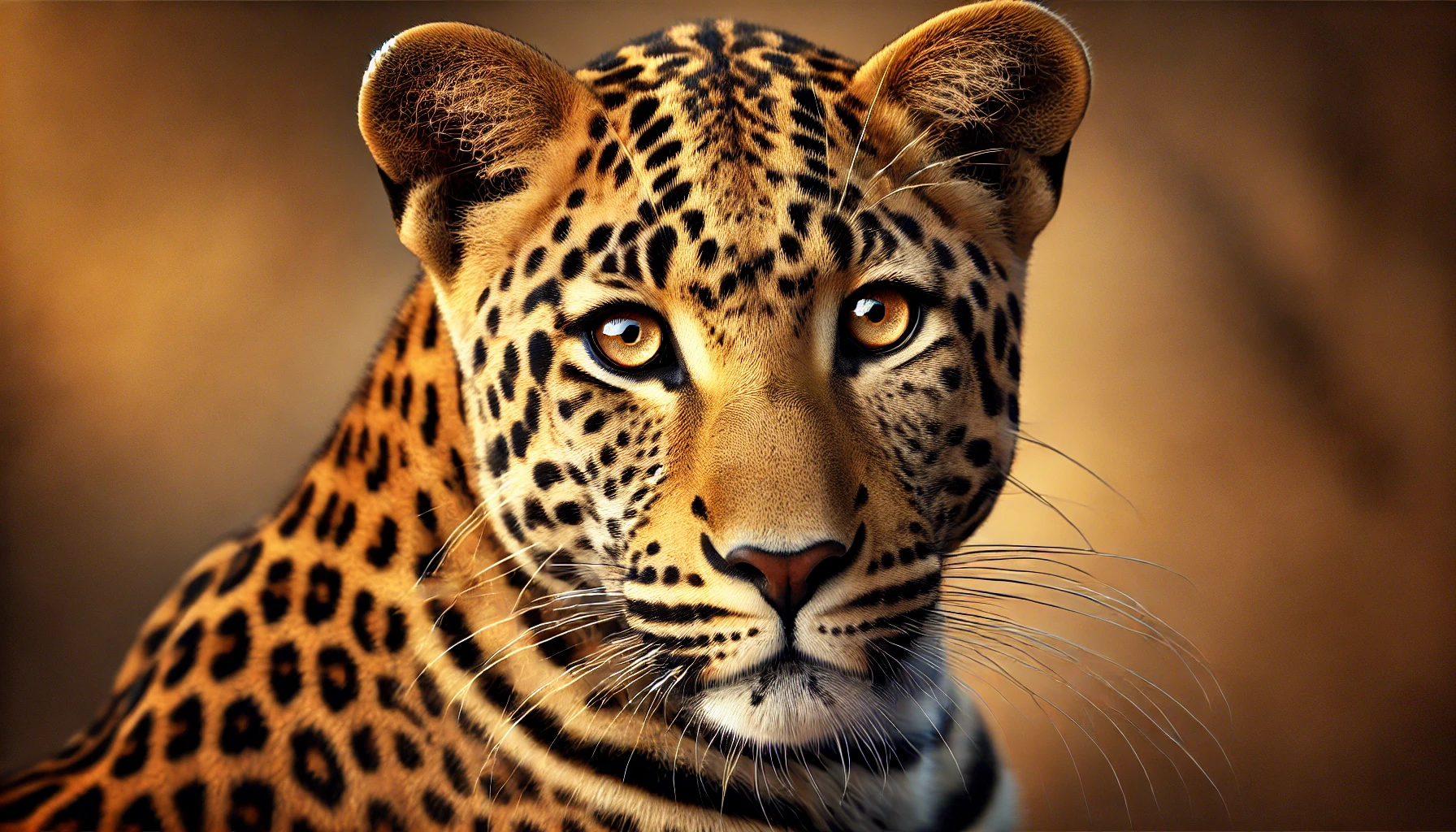
Selecting the right safari operator is crucial. An experienced guide can enhance your journey with their knowledge of the terrain, animal behavior, and local culture. Be sure to research and choose a reputable company that aligns with your travel style, whether you prefer luxury lodges or more adventurous tented camps. The level of service and expertise you receive can significantly impact your safari experience.
Lastly, be prepared for the practical aspects of a safari. Pack layered clothing, as temperatures can vary significantly between morning and evening. A good camera and binoculars are must-haves for capturing those unforgettable wildlife moments. Don’t forget essentials like sunscreen, a wide-brimmed hat, and insect repellent to keep you comfortable during your adventure. With the right preparation, your Tanzanian safari will be a journey filled with incredible memories.
Warm and Welcoming People
In Tanzania, one of the most cherished aspects that visitors frequently remark on is the warmth and hospitality of its people. The locals of Tanzania have a deeply rooted tradition of welcoming outsiders with open arms, a practice embedded in the culture for generations. This warm reception goes beyond just friendly smiles; it’s about genuine interest and respect, making tourists feel at home from the moment they arrive.
Whether in bustling cities or quaint rural villages, the people of Tanzania are known for going out of their way to make visitors feel comfortable. It’s common for locals to offer directions, share insights about hidden spots, or even invite travelers for a meal. This openness to strangers is not only a mark of respect but also a way to share their culture and heritage, allowing tourists to experience the authentic soul of the country.
This warmth makes a visit to Tanzania more than just a journey to a new place; it becomes a memorable experience of human connection. By the end of their stay, many travelers feel they’re leaving not just a beautiful landscape but also newfound friends. It’s this unique combination of natural beauty and heartfelt hospitality that makes Tanzania an unforgettable destination, resonating in the memories of everyone who has had the pleasure of experiencing it.



